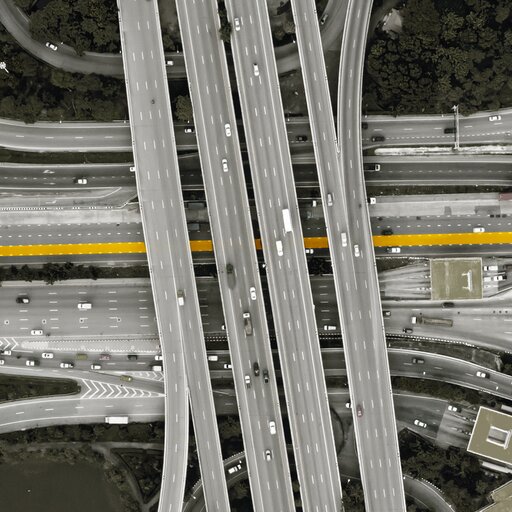Did you know the total cost of road freight transport inefficiency is estimated at €160 billion, or 1.3% of EU27 CO2 footprint per annum?
Meanwhile, the pressure is on for the EU to remain competitive as the world’s largest exporter and biggest trader in goods. The good news is, matching capacity and demand can contribute towards eliminating empty miles while securing growth.
Global Supply Networks Coordination and Collaboration is one of five pillars ALICE has identified as key drivers towards more sustainable and efficient logistics. Horizontal collaboration on a strategic or execution level is an initiative designed to tackle inefficiencies in the supply chain that convert into a high number of empty miles, wasted costs, congestion and around 25% of EU CO2 emissions (7% of which is attributed to Heavy Goods Vehicles).
This white paper recaps widely known inefficiencies characteristic of logistics, scenarios in which EU-backed joint tenders have been successful, and provides commentary on collaborative sourcing efforts that haven’t performed to define best practice and enable greater efficiency that benefits the whole supply chain, and our whole planet.


